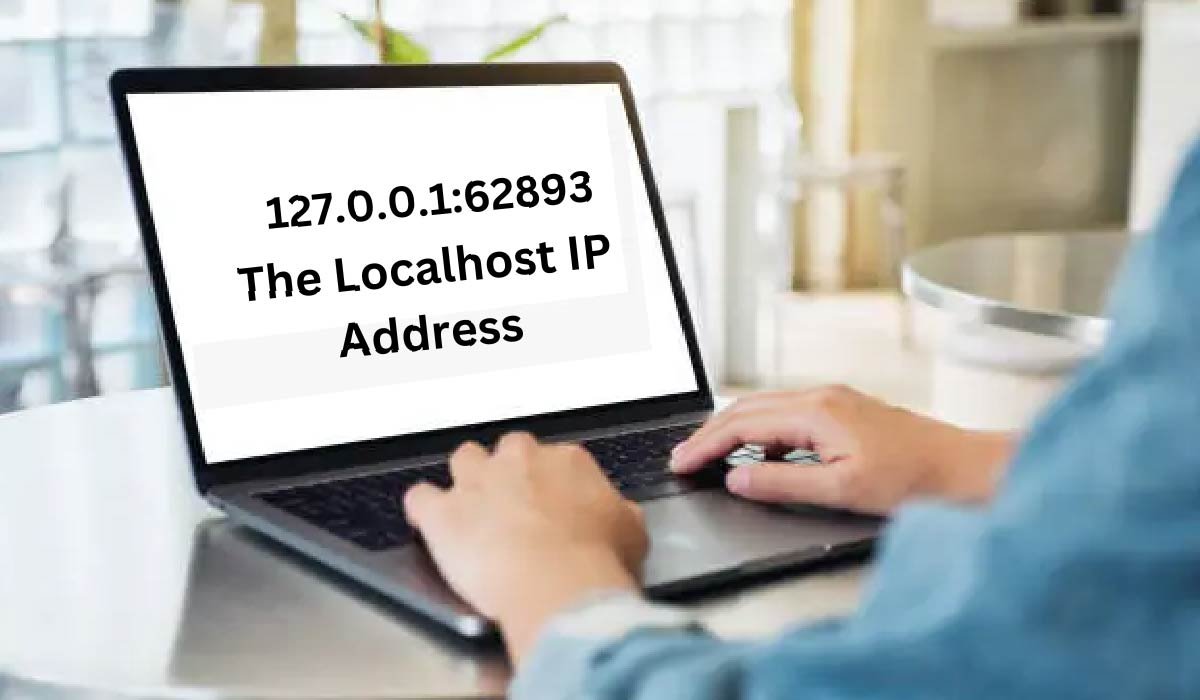Technology
Understanding 127.0.0.1:62893 – A Deep Dive into Localhost IP Addresses and Port Usage

In the vast and interconnected world of computer networks, one IP address that almost every computer user unknowingly interacts with is 127.0.0.1. This address plays a fundamental role in networking, primarily for testing and internal communication. When combined with a port number, such as 62893, it becomes a crucial endpoint within your own system. This article will dive deep into the details of “127.0.0.1:62893,” exploring its significance, how it functions, and why it’s vital for various applications and services on your computer.
What is 127.0.0.1?
127.0.0.1 is universally recognized as the “localhost” IP address. It is a loopback address, which means data sent to it is routed back to the same machine. This unique IP address is part of the Internet Protocol (IP), a set of rules governing Internet activity. The localhost helps your computer understand that it should look internally when attempting to access this address, instead of reaching out over the Internet.
Understanding Ports in Computer Networking
Ports serve as doors through which network communications can be sent or received. Each port number identifies a specific application or service running on a computer. The numbers range from 0 to 65535, with different ranges designated for specific types of activities. Port 62893, in our context, is used for specific applications, typically those designated by software developers or system administrators for internal purposes.
How Does 127.0.0.1:62893 Work?

When an application within your computer communicates via “127.0.0.1:62893,” it uses the loopback mechanism of the IP stack. This ensures that the data does not leave your machine but rather is immediately directed back to the local host. This setup is perfect for testing new software, running local servers, or performing any machine-local activities without the risk of external interference.
Importance of Localhost Addresses in Development and Testing
The use of the localhost address, like 127.0.0.1, is invaluable in software development and testing. By allowing developers to test applications locally, they can ensure that their software behaves as expected before it goes live. This not only helps in catching bugs early but also in speeding up the development process as the feedback loop is significantly shortened.
Security Implications of Using 127.0.0.1:62893
While primarily used internally, it’s essential to secure applications that listen on localhost addresses because they could potentially be exposed to malicious scripts run on the local machine. Proper configuration of firewall settings and application access permissions plays a critical role in safeguarding data.
Common Misconceptions and Clarifications
A frequent misconception about 127.0.0.1 is that it can be accessed just like any external IP address from other machines. In reality, this IP address is strictly for intra-machine communication. It’s also worth noting that localhost addresses aren’t only for testing; they are actively used in production environments to enable faster and more secure communications between services running on the same server.
Practical Applications and Case Studies
In practical scenarios, developers use 127.0.0.1:62893 to test web applications, run local databases, or manage application services without deploying them to a live environment. For instance, a developer might run a web server on their local machine using this address to test changes in real-time before updating the live server.
Troubleshooting Common Issues
Common issues with using 127.0.0.1:62893 include configuration errors, firewall blocks, or service conflicts. These can generally be resolved by checking the application’s configuration files for correct port settings, ensuring the firewall allows traffic on port 62893, and making sure no other services are using the same port.
The Future of Localhost Addresses and Networking
As networking technology evolves, so does the application of local host addresses. With the advent of more complex networked applications and the growth of virtual and cloud environments, the role of addresses like 127.0.0.1:62893 is likely to expand, providing more flexibility and functionality for managing communications and services internally.
Conclusion
127.0.0.1:62893 is more than just a technical specification within the network stack. It is a pivotal part of modern computing, essential for the development, testing, and management of software and services within a single machine. As we continue to depend on complex networked systems, understanding and utilizing this address will remain a key skill for developers and network administrators.
For More More Visit, Coopermagazine
-

 Celebrity1 year ago
Celebrity1 year agoWho Is Jennifer Rauchet?: All You Need To Know About Pete Hegseth’s Wife
-

 Celebrity1 year ago
Celebrity1 year agoWho Is Mindy Jennings?: All You Need To Know About Ken Jennings Wife
-

 Celebrity1 year ago
Celebrity1 year agoWho Is Enrica Cenzatti?: The Untold Story of Andrea Bocelli’s Ex-Wife
-

 Celebrity1 year ago
Celebrity1 year agoWho Is Klarissa Munz: The Untold Story of Freddie Highmore’s Wife
















